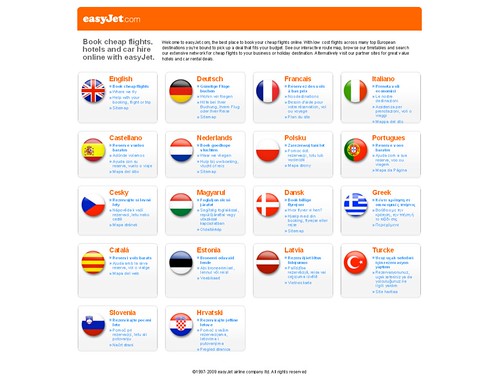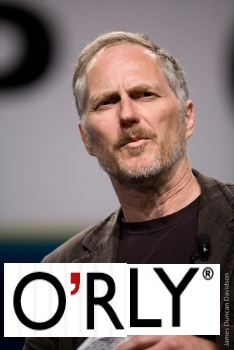Are you a coder in the UK? Do you fancy tinkering around with government data for the potential good of the public?
Here’s an early Christmas present.
Visit data.gov.uk and it will bounce you on to a Google Group. Request to join the group and introduce yourself. You might get access to the developer preview of the site – like I just did!
This might be old news to some as it seems to have gone live on 30th September according to the site blog. I guess I assumed it was for “special” people, so that’s a lesson learned. If you see an interesting door, knock it.
I’m still finding my way around. There are 113 datasets including census data, ASBOs, air quality, crime, fear of crime, work, health, motoring, (un)employment, police and it goes on.
I think at least some of this data has been already available in different places. But having it linked to from one place is a good idea.
Pick a subject and there are always people out there who are cleverer than you. That’s another lesson, or rather, reminder I get from the web. Whatever you think about the UK government, inviting people to build things with a resource like this is at least a way of acting on that lesson.
The open invite encompasses not only a central website, but actually having exportable data formats and clear conditions for data re-use. I am not a lawyer but the terms and conditions seem fairly clear. Generally I don’t like the phrase “Crown Copyright” if it’s something that was gathered using public money, but it’s apparently there to ensure attribution and accurate use of the data. I thought copyright couldn’t be applied to numerical data? Perhaps someone out there can explain.
The preview is for load testing purposes, according to the welcome email:
Since the appointment of Sir Tim Berners-Lee and Professor Nigel Shadbolt in June we have been working on how to pull together a single point of access for government data. We’ve talked to a range of people, and looked at what others have done, and over the summer we have built a first version, with a combination of open source and re-using of existing facilities such as CKAN.
We would now like your help over the next weeks and months to make it better – and more useful for you as developers. We would like feedback on how the site should work, what developer support facilities and tools there would be useful to you, and what further data should be freed up for re-use.
We’d also be interested in your ideas on how the data can be used – and if you can build some more great applications with what is available now this will help the drive to free up more over the months ahead.
At this preview stage, we are manually approving membership requests so that we check how the load on our server scales as we ramp up our service.
I’m currently looking at census data for Welsh language ability, collected during the 2001 census. It might lead to ideas for our Hacio’r Iaith event.



